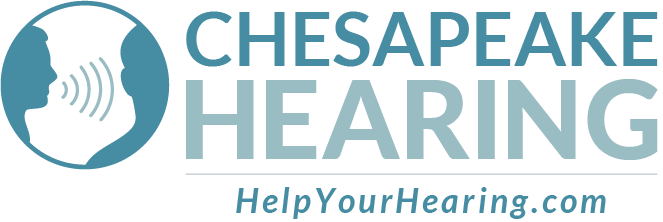Most people reading this blog probably do not know what audiologists are. According to the American Speech-Language-Hearing Association (ASHA), “Audiologists are professionals engaged in autonomous practice to promote healthy hearing, communication competency, and quality of life for persons of all ages through prevention, identification, assessment, and rehabilitation of hearing, auditory function, balance and other related systems.”
The practice of audiology includes the prevention of and assessment of auditory, vestibular, and related impairments as well as the habilitation/rehabilitation and maintenance of persons with these impairments. Audiologists facilitate prevention through the fitting of protective devices, educational programs for industry and the public, hearing screening/conservation programs, and research. The delivery of audiologic rehabilitation services includes not only the selecting, fitting, and dispensing of hearing aids and other hearing assistive devices, but also the assessment and follow-up services for persons with cochlear implants. The audiologist providing audiologic rehabilitation does so through a comprehensive program of therapeutic services, devices, counseling, and other management strategies. Functional diagnosis of vestibular disorders and management of balance rehabilitation is another aspect of the professional responsibilities of the audiologist.
In the past, audiologists held a master’s degree, but they now must possess a doctoral degree in audiology from a program accredited by the Council on Academic Accreditation in Audiology and Speech-Language Pathology of the American Speech-Language-Hearing Association. Audiologists provide services in private practice; medical settings such as hospitals and physicians’ offices; community and university hearing and speech centers; managed care systems; industry; the military; various state agencies; home health, sub-acute rehabilitation, long-term care, and intermediate-care facilities; and school systems. Audiologists also provide academic education to students and practitioners in universities, to medical and surgical students and residents, and to other related professionals. Such education pertains to the identification, functional diagnosis/assessment, and non-medical treatment/management of auditory, vestibular, balance, and related impairments.
Since 1975, Chesapeake Hearing Centers has provided superior audiology services to patients and medical practices in the area. Our providers are licensed, credentialed, and dedicated to improving the communication of all of our patients. Each patient experiences our four-step process. An extensive history or interview reveals the patient’s symptoms and concerns. The otoscopic evaluation and audiologic exam make up the next two steps, and a careful review of findings and recommendations finishes the process. Whenever possible, we encourage our patients to involve their significant other or companion, as it is typically the communication with those closest to the patient that is affected the most. We find that this optimizes the experience and helps bring the patient and their family closer to solutions that are just right for them.
It is this dedication to the understanding of our patients and their families’ communication needs that has helped us successfully improve thousands of people’s lives, setting us apart from other providers in our area. Educated, credentialed, and experienced, and with professional competence, we evaluate, treat and serve EXACTLY the way we would want to be treated…with courtesy and respect.


